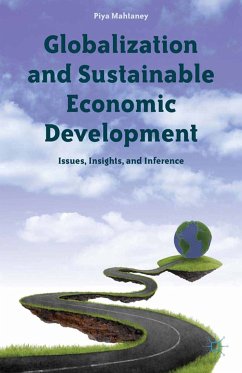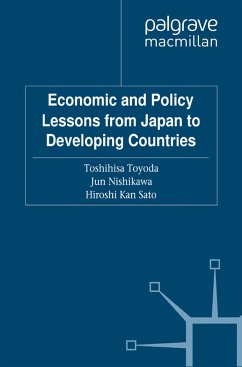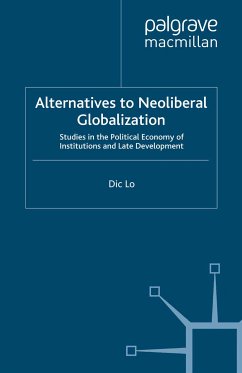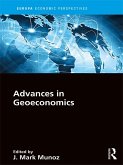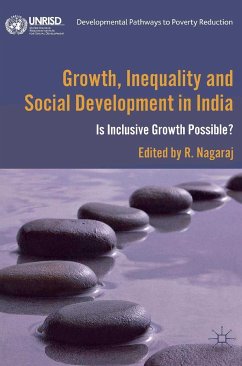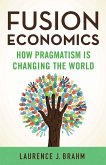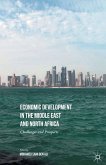Dieser Download kann aus rechtlichen Gründen nur mit Rechnungsadresse in A, B, BG, CY, CZ, D, DK, EW, E, FIN, F, GR, HR, H, IRL, I, LT, L, LR, M, NL, PL, P, R, S, SLO, SK ausgeliefert werden.
"Mahtaney presents a fresh perspective on the economic situations in the US and the EU, which is achieved by comparing the systemic failings and current challenges of the two largest developed economic areas the Eurozone and the United States to the those of the biggest two emerging economies, India and China." - Journal of Human Rights in the Commonwealth

